Built for businesses and agencies of all sizes, our cloud contact center solutions provide you with comprehensive features such as voice and digital communications, reporting, recording, Work-Force-Management, and Quality Assessment. Plus, our intuitive user interfaces put you in control. No more waiting for your software vendor to make agent configuration changes, campaign changes, and more.
Ask any business owner about their call center technology, and their eyes won’t light up. Not an exciting topic for some, but we feel differently.
New technologies used in call centers have changed the customer experience. It's impressive what today's cloud-based call center solutions can do to improve customer satisfaction.
VoIP Made Call Center Technology Accessible to all Businesses.
Voice over Internet Protocol (VoIP) introduced the world to cheap calling. DSL and cable internet service paved the way for high-quality phone and video chats with everyone.
Call centers are now the mainstay of customer support among large companies. Contact center agents handle incoming calls and also make outgoing calls. In addition, outbound call centers use predictive dialing features to call many contacts at once. However, predictive callers with auto dialing quickly became a nuisance, necessitating regulatory action.
VoIP didn't take long to become the technology of choice for call centers. In fact, any company with a broadband connection can handle hundreds of calls simultaneously.
What technologies do call centers use?
Modern call centers use many technologies to relay calls to agents. However, as more employees work remotely, these modern call center technologies repeatedly prove their value. Many call centers use a combination of the following technologies:
1. Interactive Voice Response (IVR)
Interactive Voice Response (IVR) is a calling technology that detects advanced caller intent, measures wait times, offers automated solutions, and offers callbacks when an agent is needed, reducing time spent on the line. IVR increases efficiency by using industry-leading AI and self-service tools to enable customers to resolve certain key issues quickly and without clogging the call queue.
2. Automatic Call Distribution (ACD)
Automated Call Distribution (ACD) is software that helps call centers operate more efficiently. It matches customer calls to the best available agents in the shortest possible time. ACDs provide real-time agent capacity and skill analysis, routing certain types of calls directly to the most experienced agents or to agents who meet other criteria.
3. Manpower Management
Workforce management is a software tool that ensures a balanced workload by forecasting each day's staffing needs using historical trends and data forecasts. A workforce management system ensures that your call center has the right staff at all times and that your callers' needs are always met in a timely manner.
Conclusion
These benefits of cloud telephony can be used by your business to create a mini-call center-like setup. A cloud-based call center solution increases the scalability of your business and enables you to deliver a satisfying customer service experience.
Using these options can prove beneficial in improving your overall business communication. For example, a cloud call center solution offers several benefits, and when used correctly, companies can reap the potential to deliver an exceptional customer service experience. Get your cloud call center solution with Contaque and open the world of fast business communication.

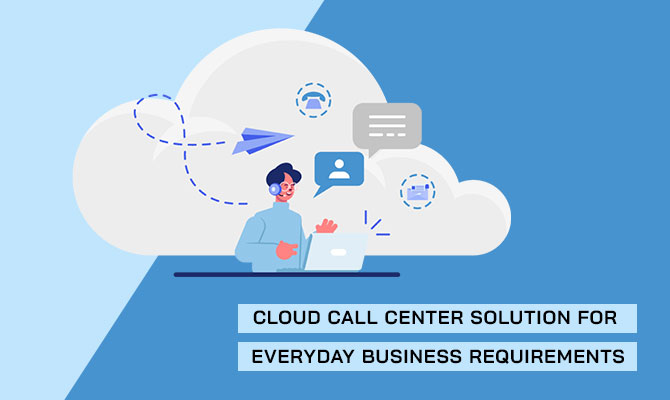
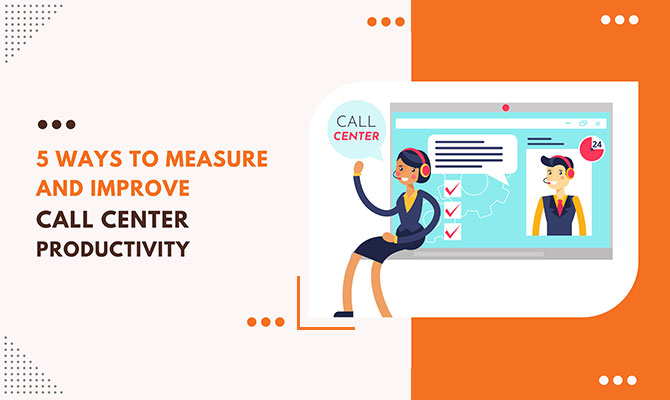
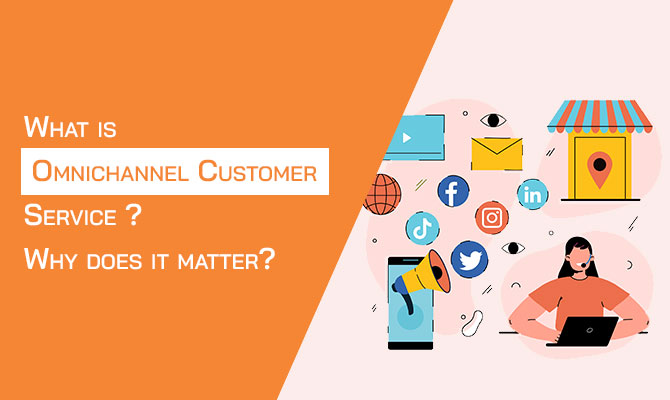
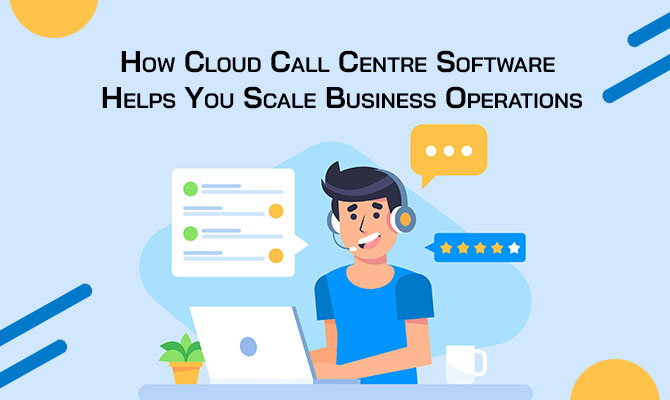

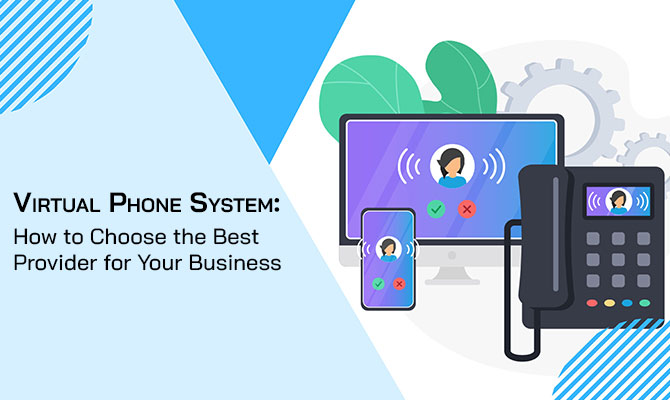
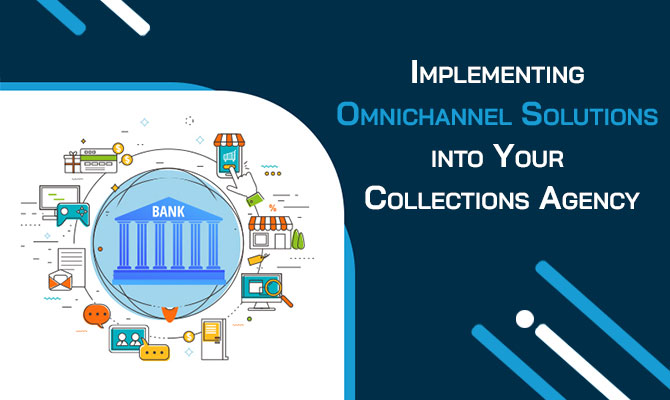


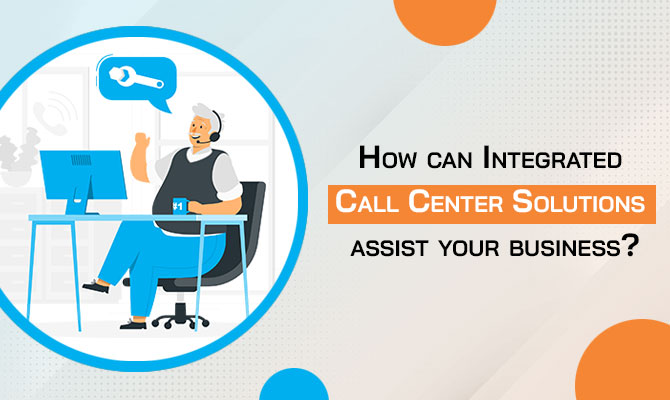
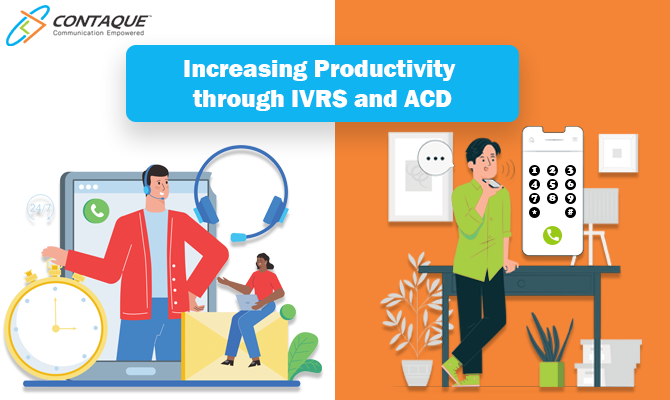

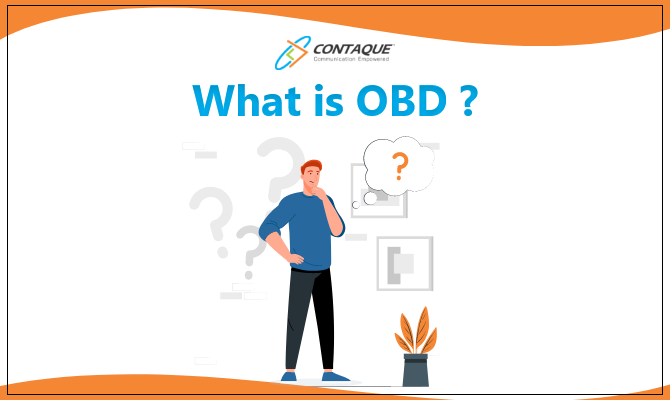
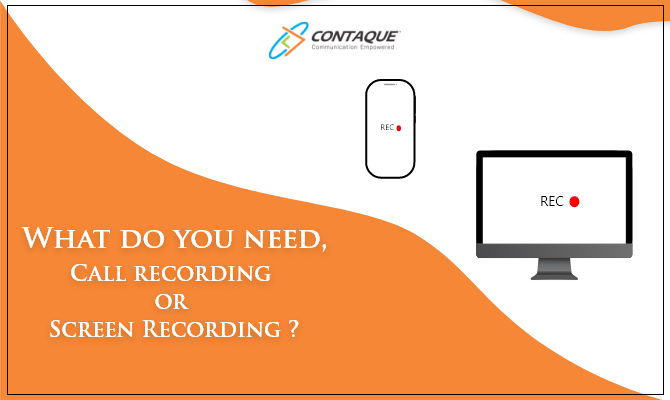
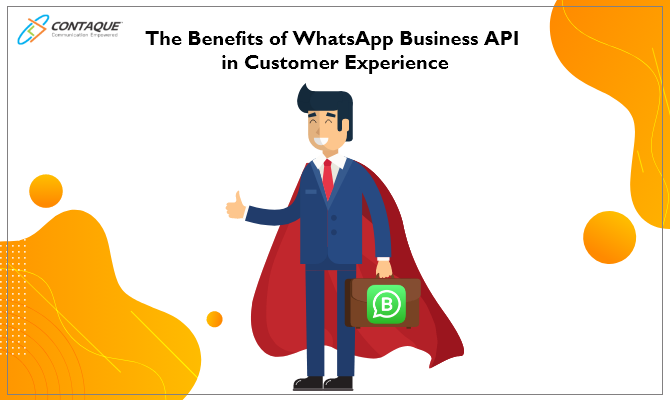
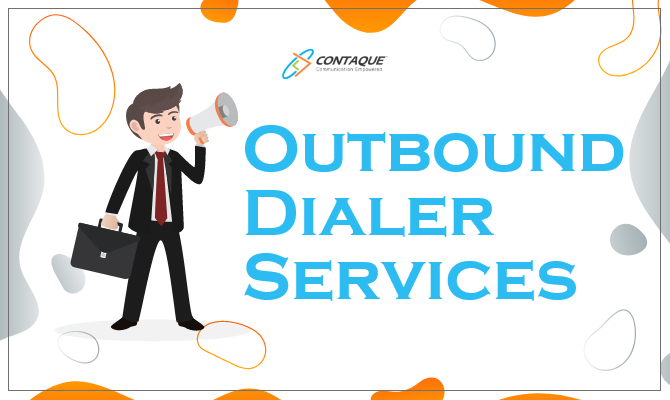
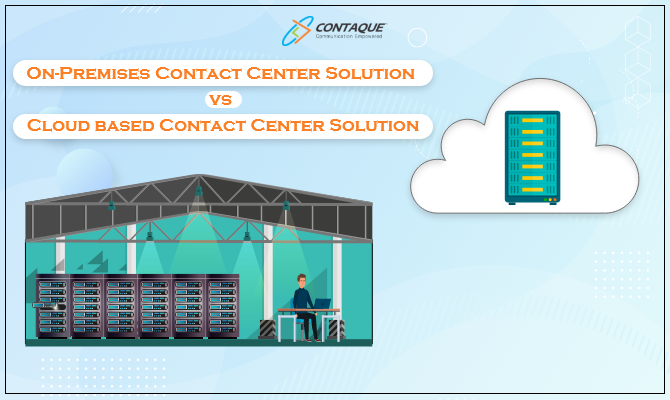



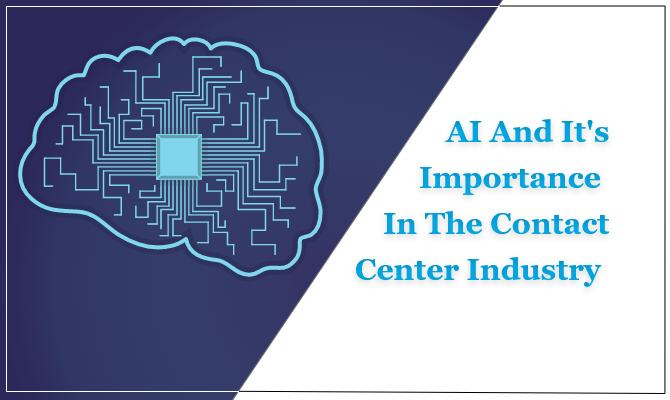
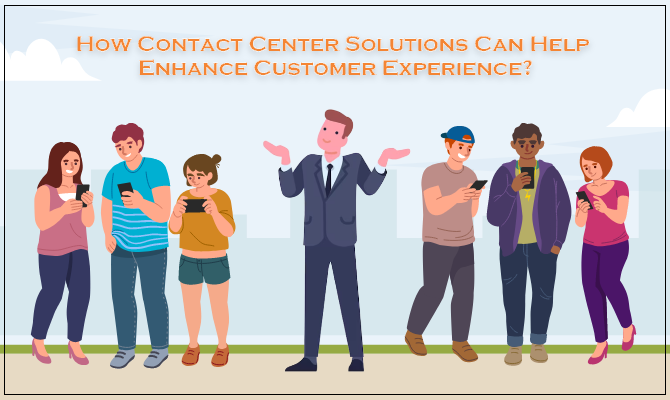
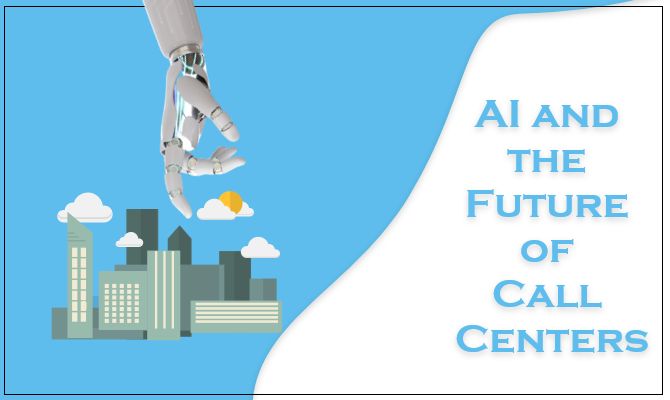


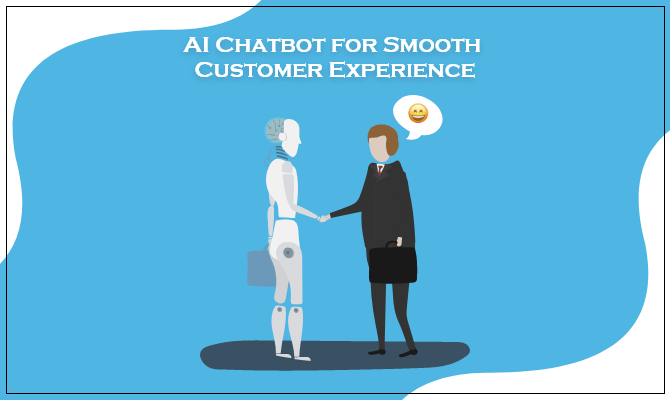
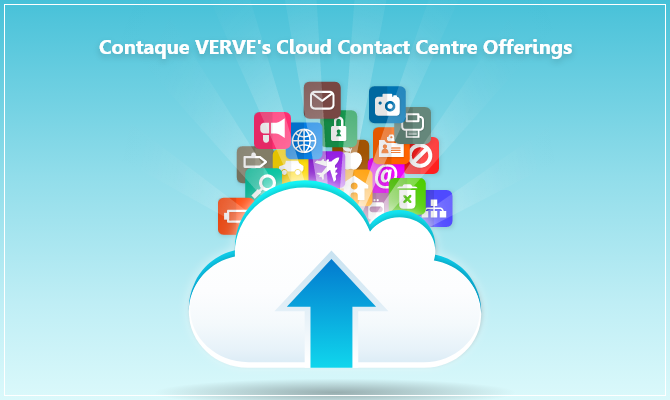
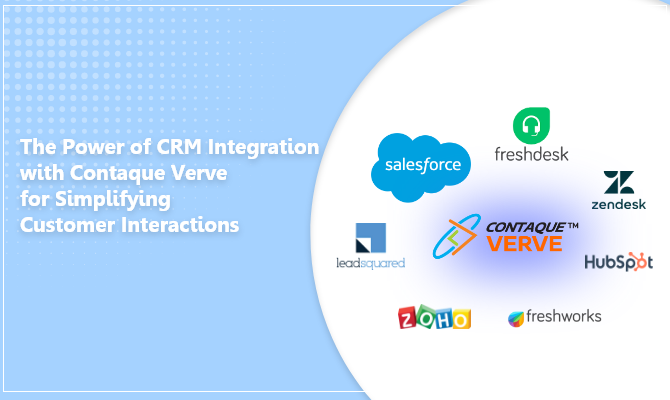

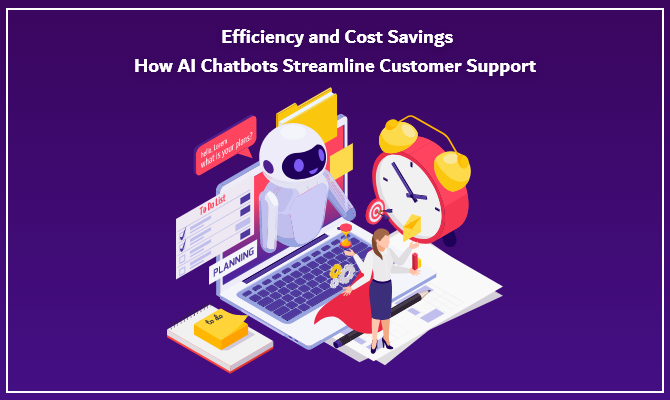
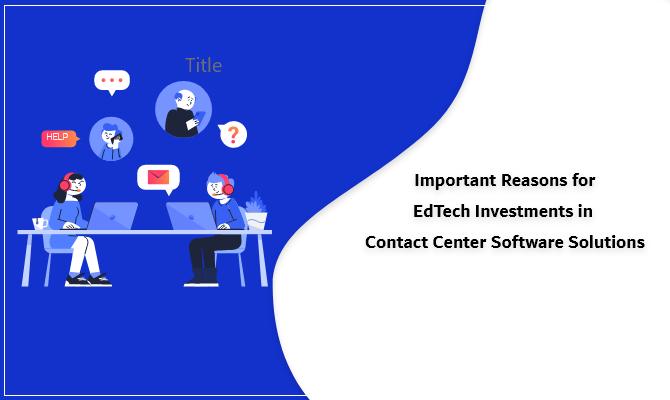
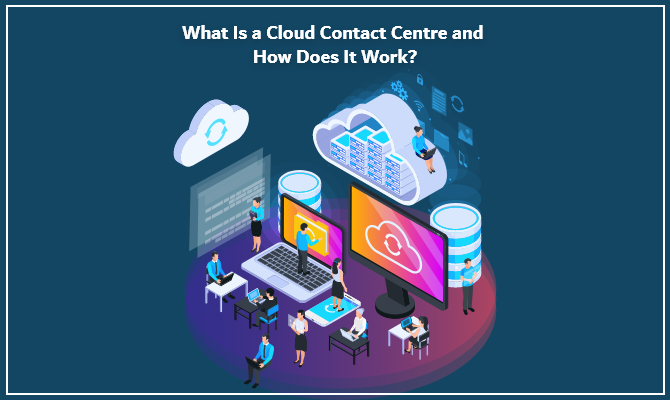
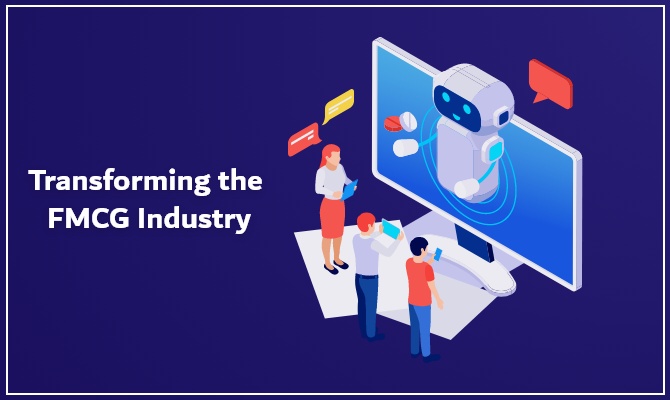
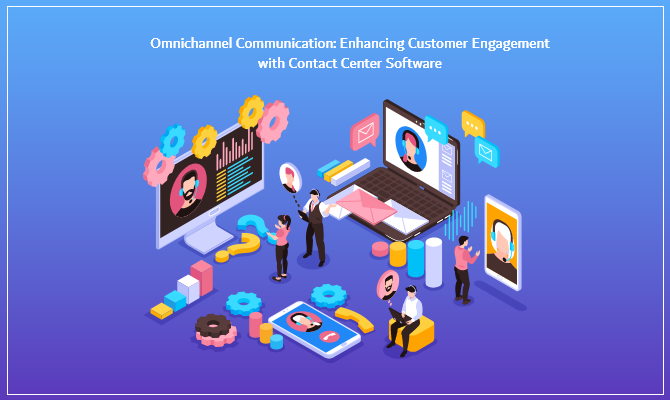
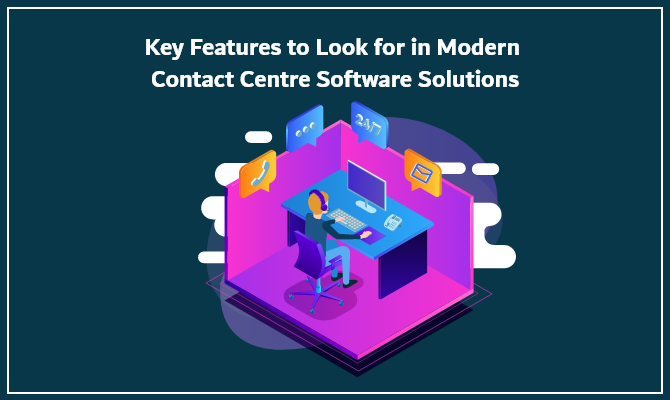
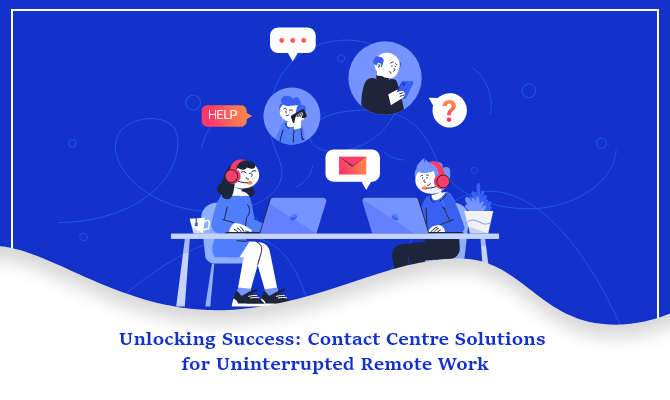

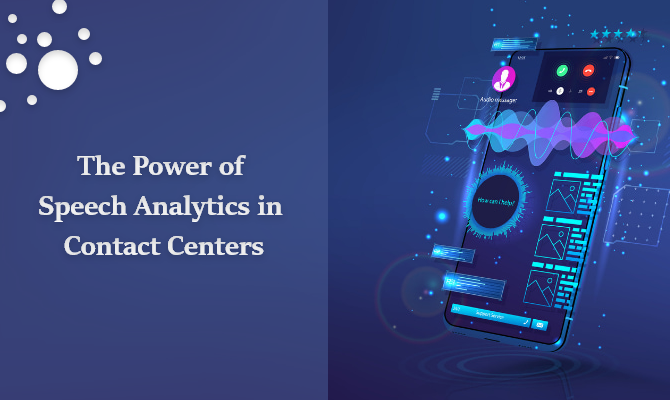
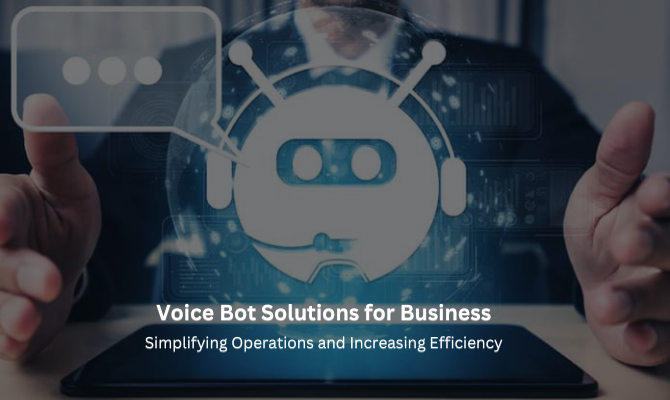
All Comments